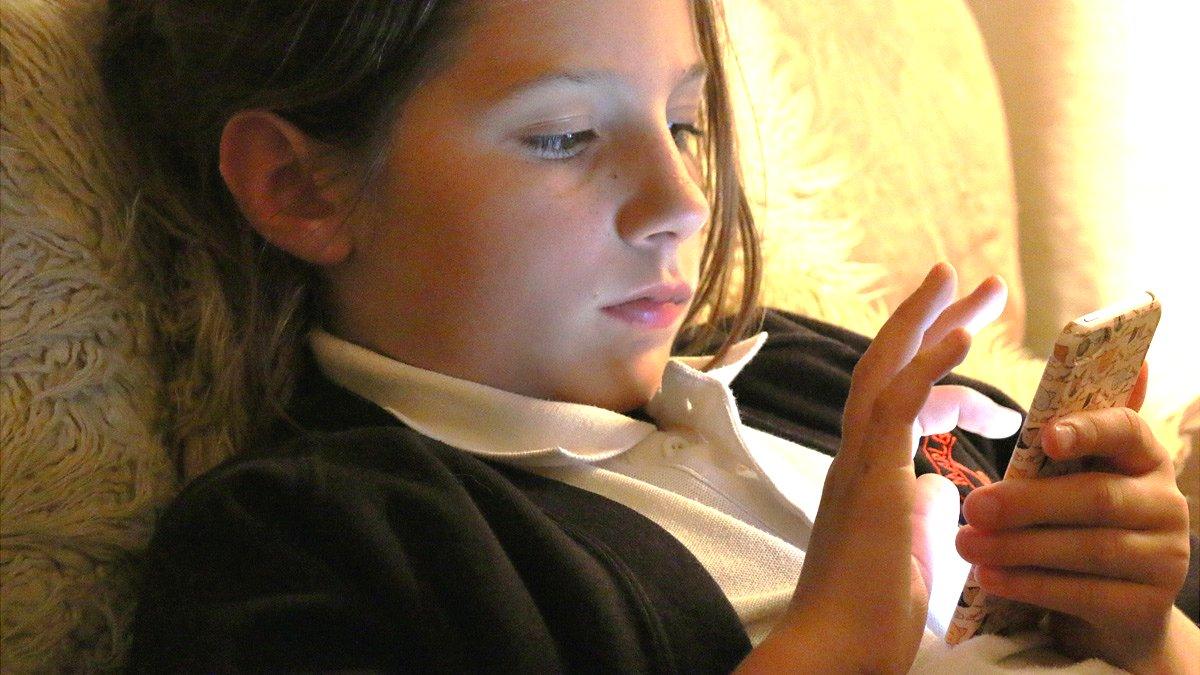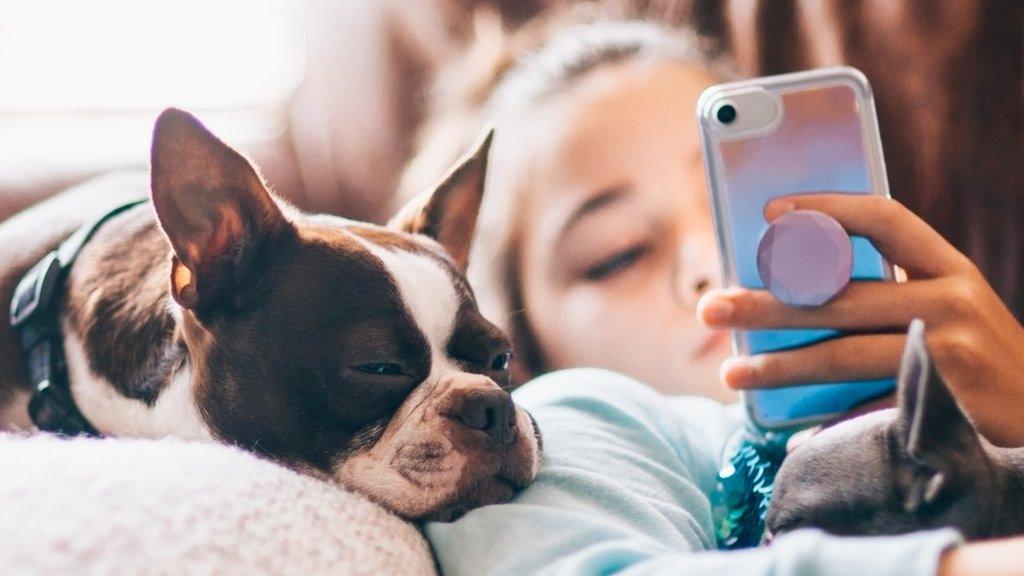Meta and Pinterest make secret donation to Molly Russell charity
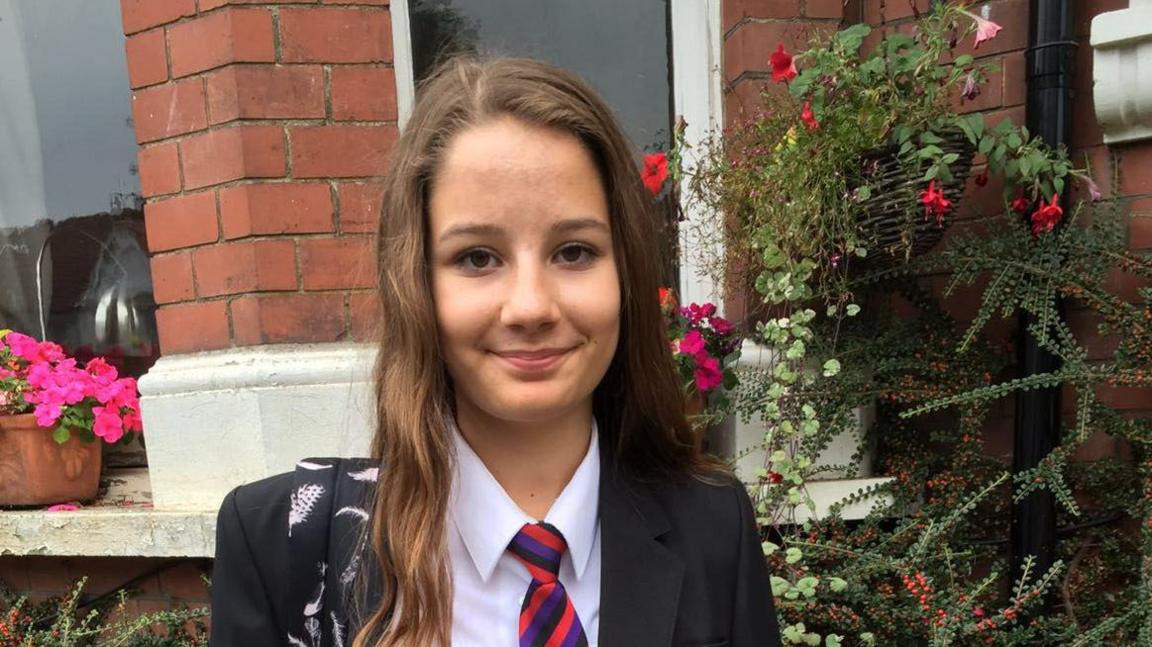
- Published
Instagram's owner Meta and Pinterest have made significant donations to a charity set up in the name of 14-year-old Molly Russell, the BBC understands.
Molly, from Harrow in northwest London, took her own life in 2017 after being exposed to a stream of suicide and self-harm content on the two platforms. A coroner concluded the negative effects of online material contributed to her death.
The donations are thought to have gone to the Molly Rose Foundation, which campaigns for internet safety. Meta and Pinterest declined to comment.
Molly's family said they had decided not to take legal action against the tech companies and would "never accept compensation" over Molly's death.
In a statement via their solicitor, the family said that they would "pursue the aims we share with Meta and Pinterest through the Molly Rose Foundation to help ensure young people have a positive experience online".
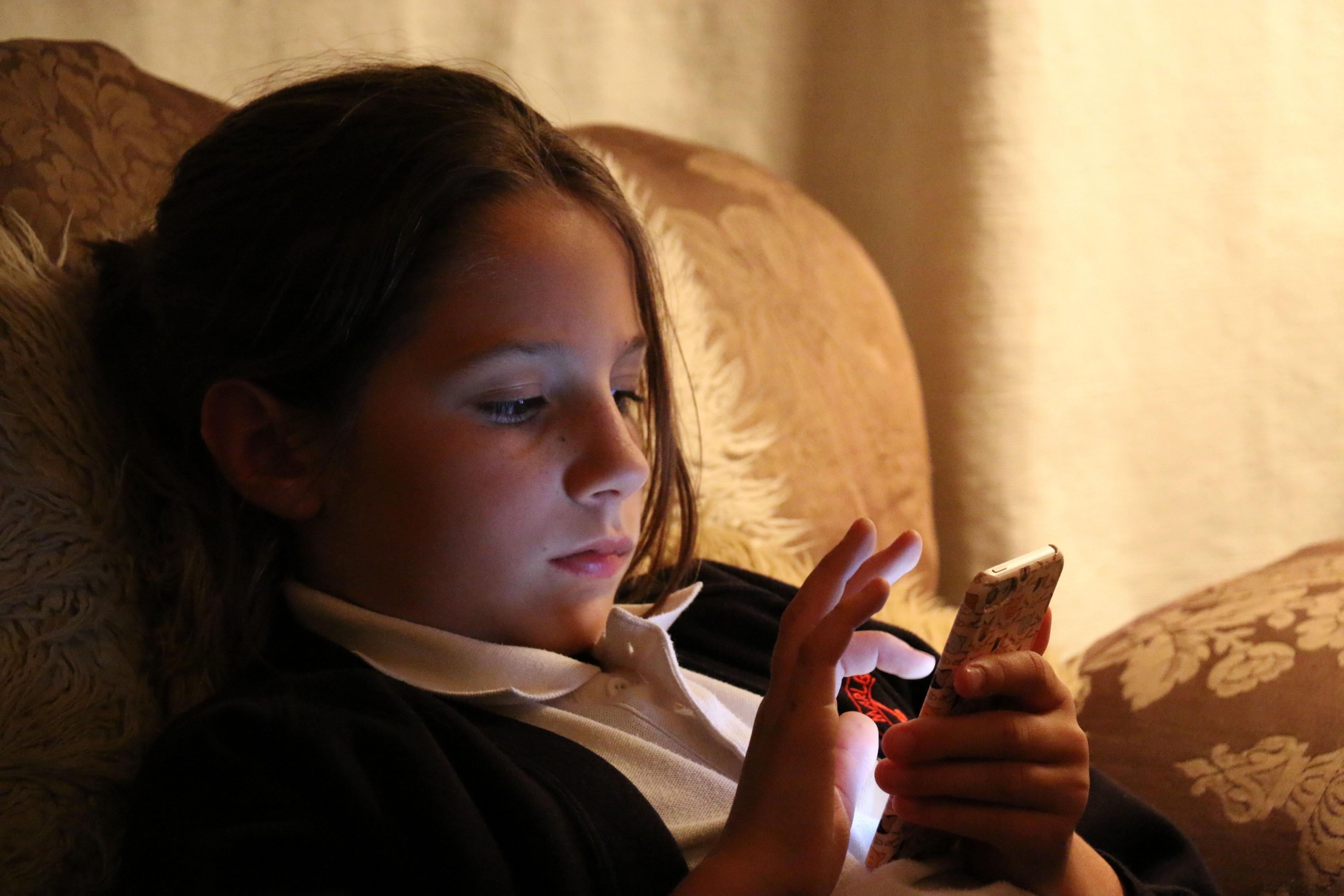
Molly Russell's inquest heard that social media algorithms had fed her thousands of pictures and videos relating to suicide and self-harm
Meta and other social media companies face multiple lawsuits in the US from families who claim their children were harmed by social media. The cases also involve attorneys general from more than 40 states, who claim that the design of the platforms caused harm to children.
The first trial is expected to be heard in November.
Tech firms 'still failing' despite girl's death
- Published29 November 2023
Molly Russell coroner urges social media changes
- Published14 October 2022
Details of payments to the Molly Rose Foundation have not been publicly disclosed. Rose was Molly's middle name.
The charity's annual report states: "The Molly Rose Foundation has received grants from donors that wish to remain anonymous. Having considered their obligations, the Trustees have agreed to respect these wishes."
The BBC believes that this refers to the payments to the charity from the two social media companies. These payments started in 2024 and are expected to be paid over a number of years.
It's not known exactly when any agreement over donations was reached.
Within the last nine months the charity has recruited a CEO, two public policy managers, a head of communications and a fundraising manager.
Asked about the donations, the charity repeated in a statement that it would "respect these wishes" for anonymity.
It is understood that no members of the Russell family have received any money from the donation.
After approaching the family's solicitor, a statement was released saying: "Following the coroner's inquest into Molly's death, we have decided that we will pursue the aims we share with Meta and Pinterest through the Molly Rose Foundation to help ensure young people have a positive experience online, instead of pursuing legal action. We, Molly's family, have always made clear that we would never accept compensation consequent upon Molly's death."
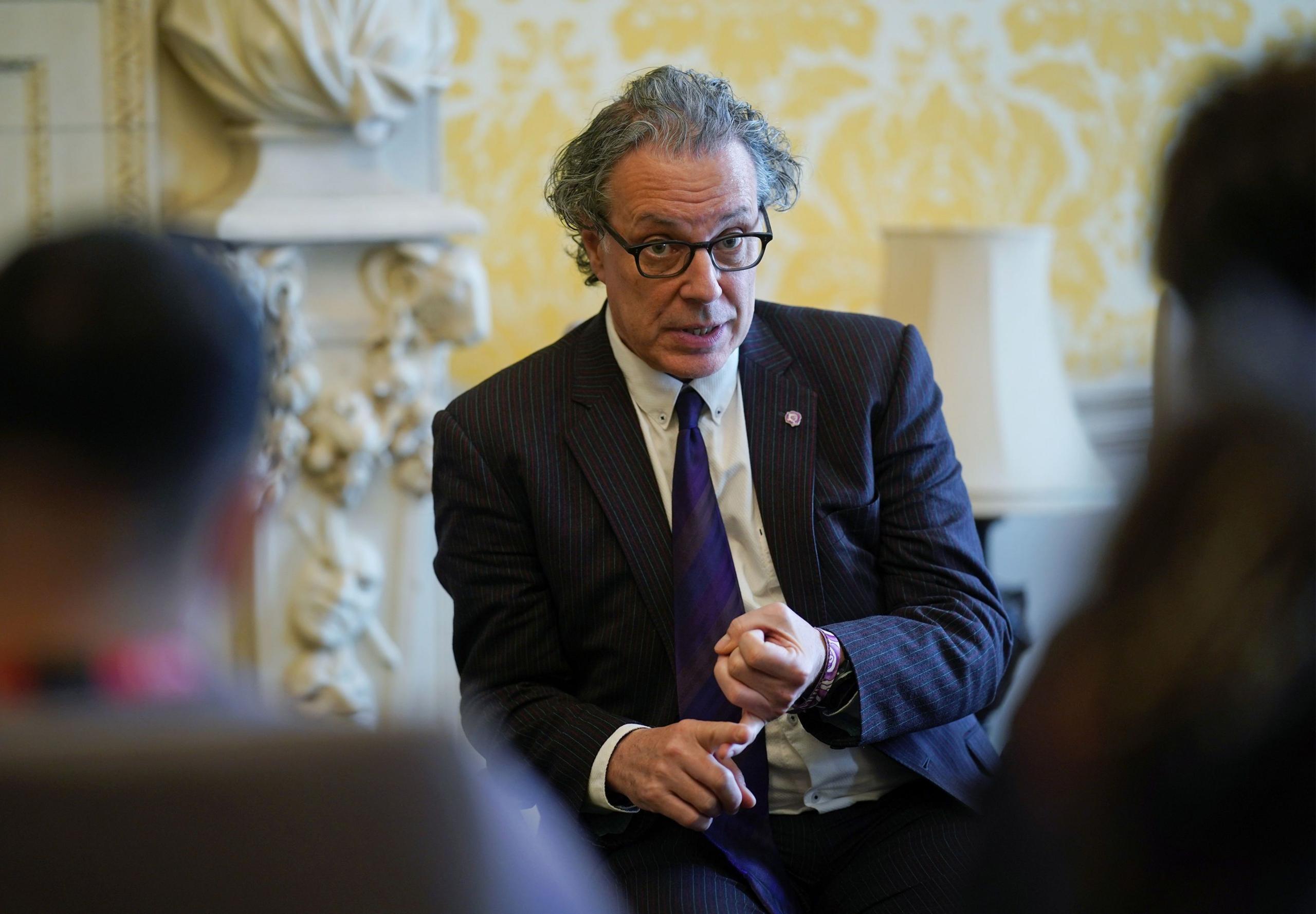
Ian Russell, Molly's father, has spoken widely about the dangers of unregulated social media and has been made an MBE for services to child safety online
The Molly Rose Foundation has become a leading voice in highlighting the dangers of unregulated social media and remains highly critical of Meta.
It has called on the government to strengthen the existing Online Safety Act with more robust legislation.
It is not calling for a children's social media ban, as planned in Australia, but is demanding that technology companies take more responsibility for the content channelled to young people through social media algorithms.
In March this year, in association with publisher Pan Macmillan, the charity sent a copy of a book written by Facebook whistleblower Sarah Wynn-Williams to every MP in the country. In it Ms Wynn-Williams, who used to be the company's global public policy director, makes a series of critical claims about what she witnessed during her seven years at Facebook.
Molly's father Ian Russell is an unpaid trustee of the foundation and remains an outspoken campaigner.
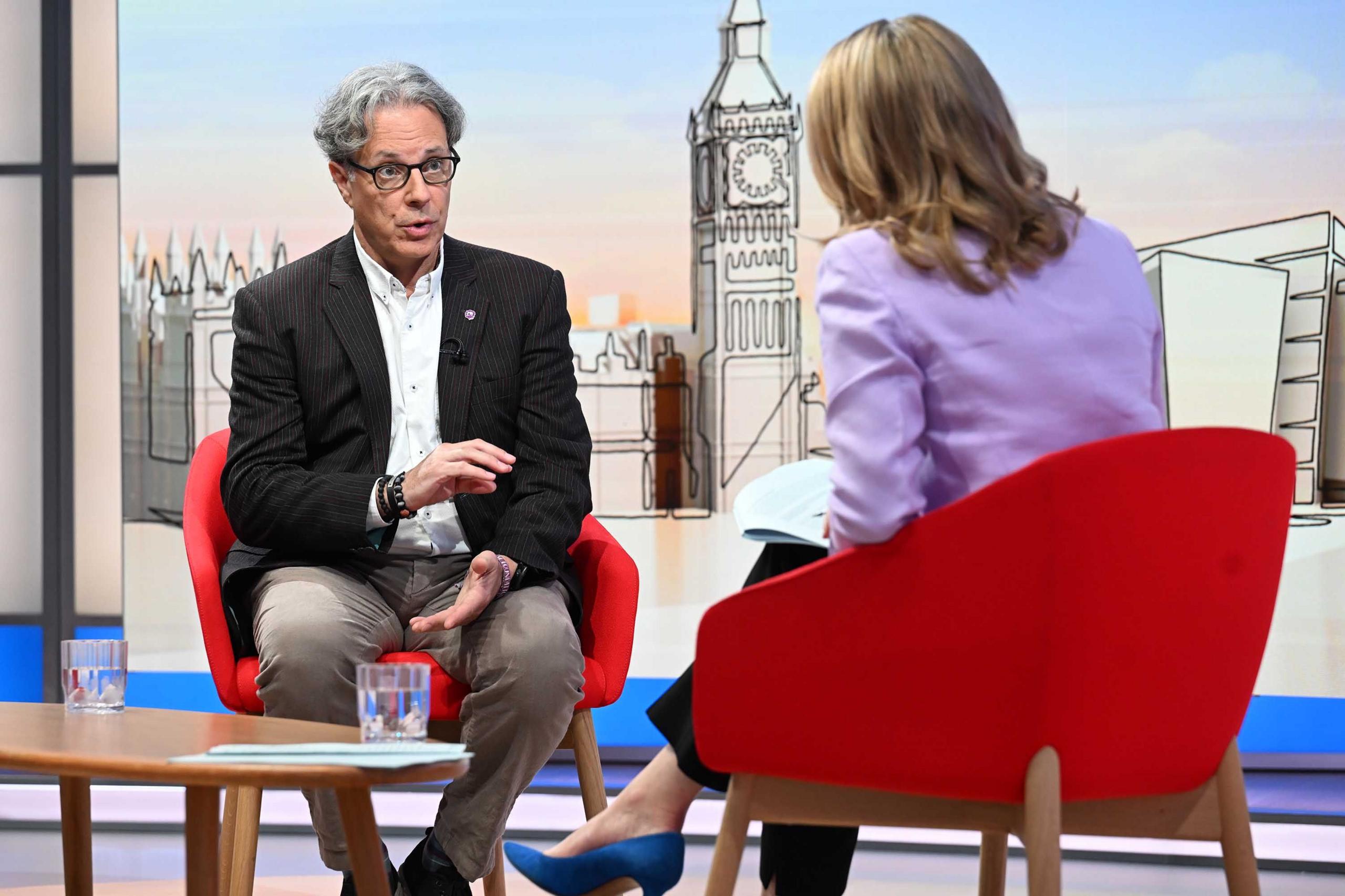
Ian Russell told Laura Kuenssberg that there was "no real movement" from the government on online safety
In January Mr Russell wrote to Prime Minister Sir Keir Starmer, calling on the government to act urgently to protect young people online. In his letter, Mr Russell said the UK was "going backwards on online safety".
He singled out Meta's CEO Mark Zuckerberg for specific criticism after the company scrapped its fact-checking programme on Facebook.
He said Mr Zuckerberg and Elon Musk, the owner of X, were part of a "wholesale recalibration" of the online world, moving away from safety towards a "laissez-faire, anything-goes model".
He told the BBC's Laura Kuenssberg: "By turning the platforms backwards away from safety, Mark Zuckerberg has changed the game fundamentally and shown that the platforms aren't really here to play safe, they're here to make money."
Matthew Bergman, a US lawyer and founder of the Social Media Victims Law Centre, welcomed the news of the donations and paid tribute to the "indefatigable efforts" of Molly's father "to hold social media companies accountable".
Meta and Pinterest were approached by BBC News, but declined to comment.
If you have been affected by the issues raised in this article, help and support is available via BBC Action Line.
- Published15 February 2024
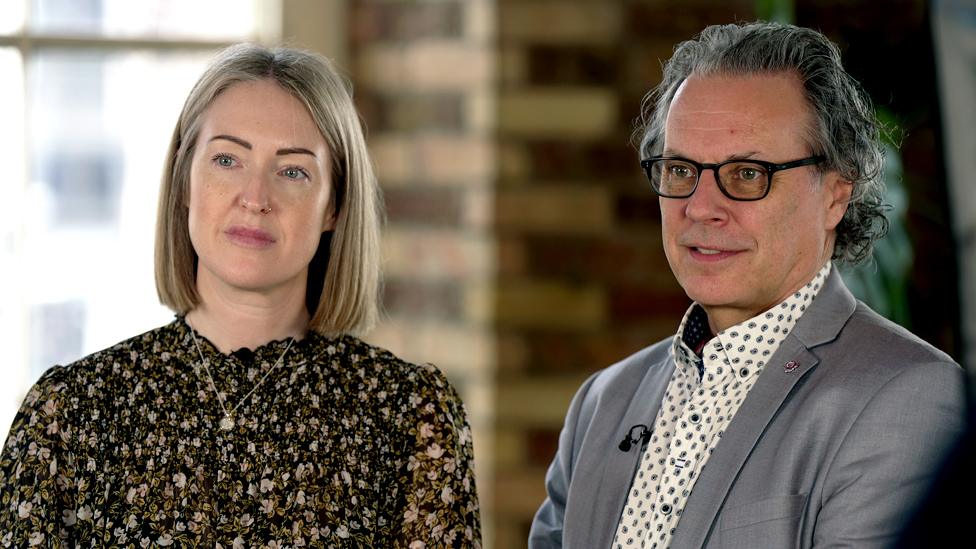
- Published30 September 2022
